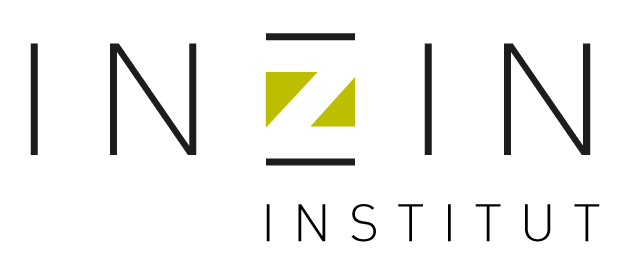Taner Akbay
Contact
Energy from Waste GmbH
Schöninger Str. 2-3
38350 Helmstedt
E-mail: Taner.Akbay(at)eew-energyfromwaste.com

Vita
Taner Akbay, born on 01.06.1987 in Hanover, has been working as a specialist engineer for EEW Energy from Waste GmbH since the end of 2017. He previously studied mechanical engineering at Leibniz University in Hanover. As a specialist engineer for flue gas cleaning, he supports and optimizes the company’s waste incineration plants with the aim of safely complying with the emission limits in accordance with the 17th BImSchV. In addition to applying engineering knowledge, he uses the latest AI technologies such as neural networks or machine learning to predict, for example, fluctuating pollutant concentrations, contamination in the steam generator or difficult-to-measure temperatures in the combustion chamber due to the inhomogeneity of the waste. This is because the availability and optimum operation of the system can be increased by recognizing the interdependencies at an early stage.
Research topic
► supervised learning,
► unsupervised learning,
► semi-supervised learning and
► reinforcement learning.
Keywords
Decarbonization, digitalization, thermal recycling, AI, data mining, machine and deep learning
